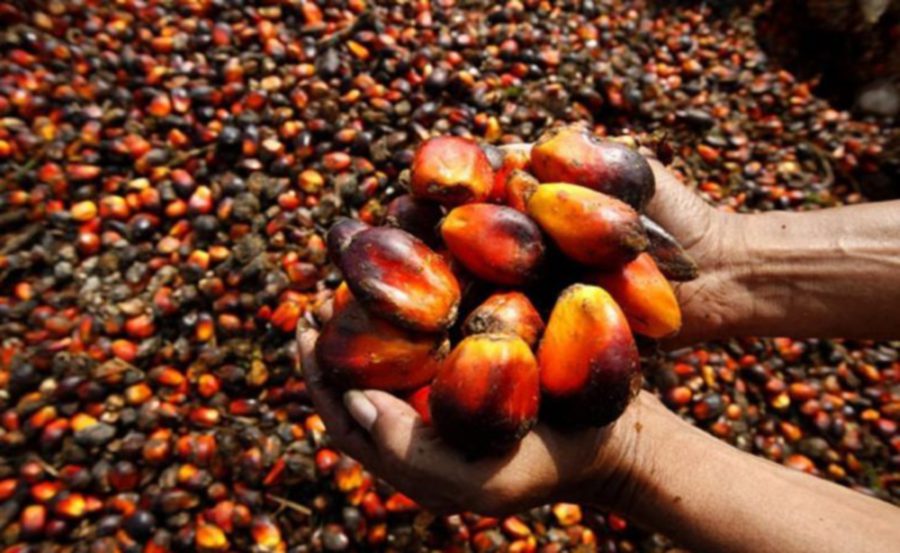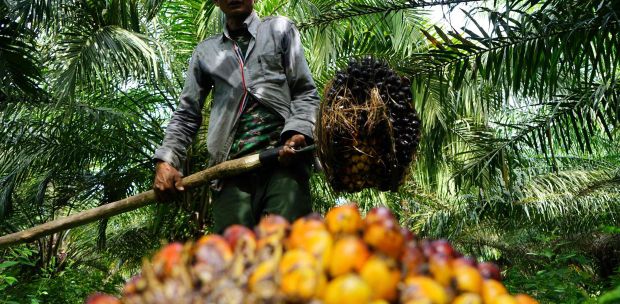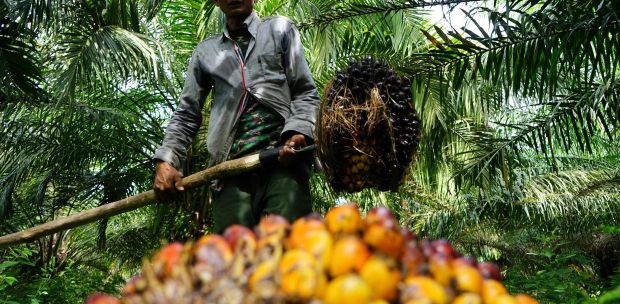KUALA LUMPUR: China is expected to increase its palm oil imports despite the current global challenges, including the tight edible oil market.
Plantation Industries and Commodities (MPIC) Minister Datuk Zuraida Kamaruddin said China was expected to import an estimated volume of 4.8 million metric tonnes (MT) of palm oil in 2022, accounting for 11 per cent of total global palm oil imports.
Of this import, 12 per cent comprises Malaysian palm oil. China imported 6.38 million metric tonnes (MT) of palm oil last year, with Malaysia's portion coming to 1.67 mil MT.
Set against current global economic challenges such as the high interest rate environment, inflationary pressure, and recessionary concerns, Zuraidah said China's expected increased import of the commodity is based on the assumption that the June-December 2022 import quantity will be at par with the same period in 2021.
"However, it is unlikely for China's total palm oil imports in 2022 to come close to the volume recorded in the prior year.
"A few factors that influence the price of palm oil like the demands from downstream sectors, the soybean situation in China, Indonesia's policies to curb domestic palm oil price hikes, and tightness in the supply of global edible oils will continue to affect the prospects of China's palm oil imports from Malaysia," she said in a statement today.
China, which does not produce palm oil on its own is currently the world's second largest market for the commodity after India.
China also supports and accepts the Malaysian Sustainable Palm Oil (MSPO) certification, which has enabled the palm oil industry in China to enhance its corporate image while fulfilling its corporate social responsibilities and realising China's National Green Policy, said Zuraida.
She added that the MSPO helps portray the positive image of China's manufacturers in support of Malaysia's efforts to improve the living standards of oil palm smallholders, as well as complement the goals of China's Belt and Road Initiative (BRI) towards socio economic development of both countries.
"Like I have explained during my numerous trade missions abroad, palm oil is used in numerous sectors and is fast gaining popularity around the world.
"Palm oil is more than just for cooking. It is also an ingredient for many other products, and in fact, palm oil has more health benefits than other edible oils," she said.
In China, about 75 per cent of its imported palm oil is used in the food sector, including for catering, instant noodles, food processing, and bakery and confectionery sectors, among others.
Palm products other than palm oil enjoy a good share in non-food sectors, notably within the oleo-chemicals industry.
"MPIC will continue with its various campaigns and programmes to promote the use of palm oil around the world and play a key role in the global movement to champion the goodness of palm oil," she added.




